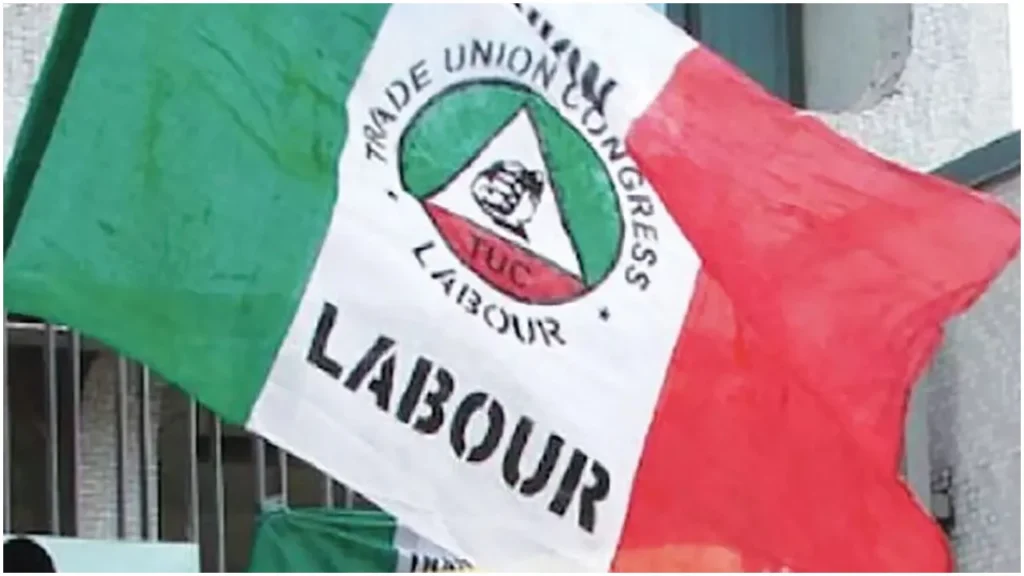CurrentReport Blog As the general strike called by the Nigeria Labour Congress (NLC) and the Trade Union Congress (TUC) commenced, reports showed a substantial compliance across public and private sectors in Osogbo, Osun State’s capital.
Public Sector Shutdown
A survey conducted by our correspondent revealed that while private businesses such as shops and kiosks remained operational, public institutions faced complete shutdown. Gates of public primary and secondary schools were firmly closed, reflecting widespread adherence to the strike directives. Similarly, public health facilities were inaccessible, with their usual crowds of patients notably absent.
The indefinite strike, declared effective from Monday, June 3, 2024, was initiated following unsuccessful negotiations with the Federal Government regarding the minimum wage and other pressing worker-related issues.
Private Sector Response
Despite the strike, private educational institutions continued operations. Florence Ogunsola, a school proprietress, confirmed that the National Association of Proprietors of Private Schools (NAPPS) authorized private schools to remain open. “NAPPS gave us the go-ahead to operate since there would be no security breach of our operations,” she stated.
Commercial transport services, including the popular ‘Korope’ mini-buses, were observed running their usual routes, indicating that not all sectors were disrupted.
Mixed Reactions from Residents and Workers
The strike elicited varied responses from residents. Olaitan Taiwo, a businesswoman commuting daily from Owode-Ede, expressed her indifference to the strike. “I am not a civil servant, so I have to hustle to take care of myself. As far as there is no violence in the town, I will be in my business place as usual,” she said.
Union and Activist Perspectives
Adekola Adebowale, former chairman of the Osun State Trade Union Congress (TUC), emphasized the necessity of the strike. “Strike is part of labor activism but it is the last weapon used to present one’s grievances to the government when it turns out to be anti-workers’ welfare,” he remarked, confirming compliance among senior civil servants.
Ayodeji Ologun, the Convener of Transparency Accountability Group (TAG), noted that the strike was overdue. “Given the lackadaisical attitude of the government and their lack of readiness to do the needful, I hope the strike achieves its goals and that labor leaders don’t compromise the strike before it even starts,” he asserted.
Emmanuel Olowu, Osun State chairman of the Committee for the Defence of Human Rights (CDHR), discussed the broader implications of the minimum wage issue. He warned that the new minimum wage could exacerbate inflation due to the government’s failure to address the informal sector. “This neglect of the informal sector will consistently lead to inflationary pressures,” he said, stressing the importance of making Chapter II of the Nigerian Constitution justiciable to ensure sustainable economic policies.












